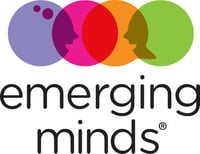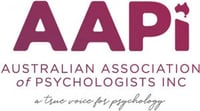Progressing Mental Health
Care for all Young People
20–22 March 2023
RACV Royal Pines Resort Gold Coast
Troubling Statistics
75%
of mental disorders first emerge by the age of 14.
30%
Almost one third of all 4–17 year olds experienced 2 or more mental disorders at some time in the previous 12 months.
591,000
Australian children and adolescents aged 4–17 years assessed as experiencing mental health disorders
Sources:
Kessler RC, Berglund P, Demler O, et al. Lifetime prevalence and age-of-onset distributions of DSM-IV disorders in the National Comorbidity Survey replication. Arch Gen Psychiatry 2005; 62: 593-602
Australian Institute of Health and Welfare. Mental health services in Australia [Internet]. Canberra: Australian Institute of Health and Welfare, 2021 [cited 2021 Jun. 8]
ABS (Australian Bureau of Statistics) 2008. National Survey of Mental Health and Wellbeing: summary of results, Australia, 2007. ABS cat. no. 4326.0. Canberra: ABS.
Help Create Healthier, More Resilient Future Generations
In 2021, the invisible economic cost due to mental health problems in adolescents was approximately $387 billion per year*.
Each year in Australia alone, nearly $200 million in mental health care expenses is billed to Medicare, with $37 million paid by families in out-of-pocket expenses for the diagnosis and treatment of young people who are mentally unwell.**
Perceived need is not enough.
To provide the right mental health care for children and adolescents, we need to identify the gap between what we think the needs of Australian adolescents are, compared with the rates of actual service utilisation.
The Child & Adolescent Mental Health Conference is designed to provide practical skills, relevant information, personal insight, and strategies for professionals working in child and adolescent mental health and wellbeing.
Find out more about assessing, treating, & providing ongoing mental health support for children, young people, and their families.
* UNICEF, The State of the World’s Children 2021: On My Mind – Promoting, protecting, and caring for children’s mental health. United Nations Children’s Fund (UNICEF): New York (2021)
** Youth mental health a multi-million-dollar burden on Australian families | Deakin
At CAMH23 our focus is:
1To address key mental and emotional health challenges facing children and adolescents whilst planning to improve their access to adequate mental health services and ensure the development of culturally tailored programs for marginal communities.
2To support mental health professionals and emerging workers in the field by providing access to networking opportunities and a high level of professional development.
3To provide a platform for government policy and initiatives to update, inform and seek feedback from the people who are living and delivering the services in the community.
4To encourage multi-sectoral collaboration and create an engaging space for knowledge sharing, case studies and learning opportunities in order to advance mental health for future generations.
Keynote Speakers
Anne Hollonds
National Children's Commissioner
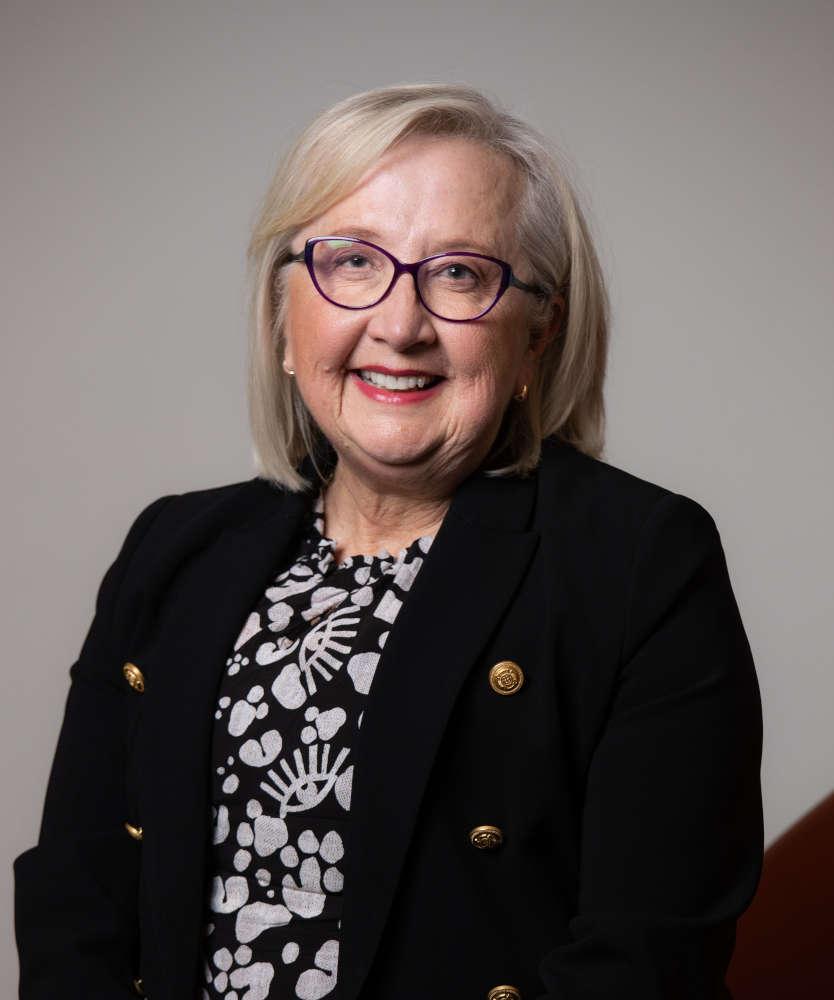
Anne Hollonds
National Children's CommissionerAnne Hollonds is Australia’s National Children’s Commissioner. Formerly Director of the Australian Institute of Family Studies, for 23 years Anne was Chief Executive of government and non-government organisations focussed on research, policy and practice in child and family wellbeing. As a psychologist Anne has worked extensively in frontline practice, including child protection, domestic and family violence, mental health, child and family counselling, parenting education, family law counselling, and community development. Anne currently contributes to several expert advisory groups, including the Family Law Council, Australian Child Maltreatment Study, NSW Domestic and Family Violence and Sexual Assault Council, National Plan Advisory Group (NPAG), and Australian National Child Health and Development Atlas Oversight Group.
Abi Cooper
Lived Experience Coordinator - QLD
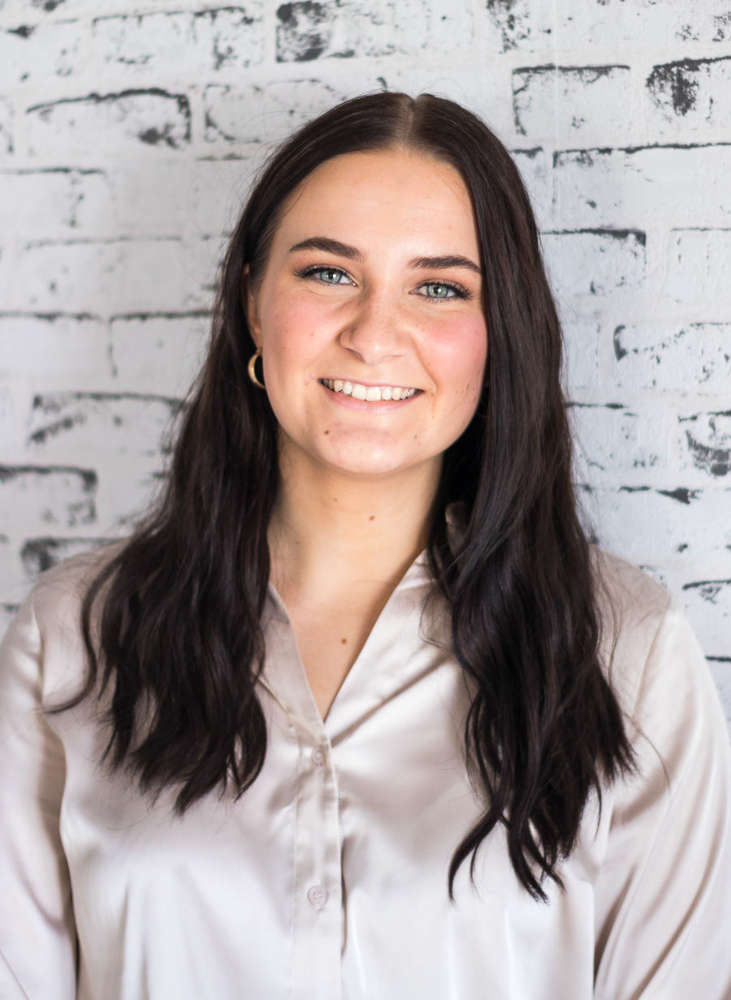
Abi Cooper
Lived Experience Coordinator - QLDAbi is a youth mental health advocate passionate about amplifying the voices of young people. At 22 years of age, Abi has worked with a number of organisations including Orygen, Consumers Health Forum, Wellways and the QLD Mental Health Commission, and has been recognised for her work as the 2022 recipient of the Jude Bugeja Peer Experience Award. Abi uses her own story of mental ill-health to reduce stigma and promote awareness, speaking in schools and at events. Her lived experience as a young person provides her with unique expertise in order to advocate for young people and advise on organisational policy and procedures.
Professor Susan Danby
Centre Director, Australian Research Council Centre of Excellence for the Digital Child
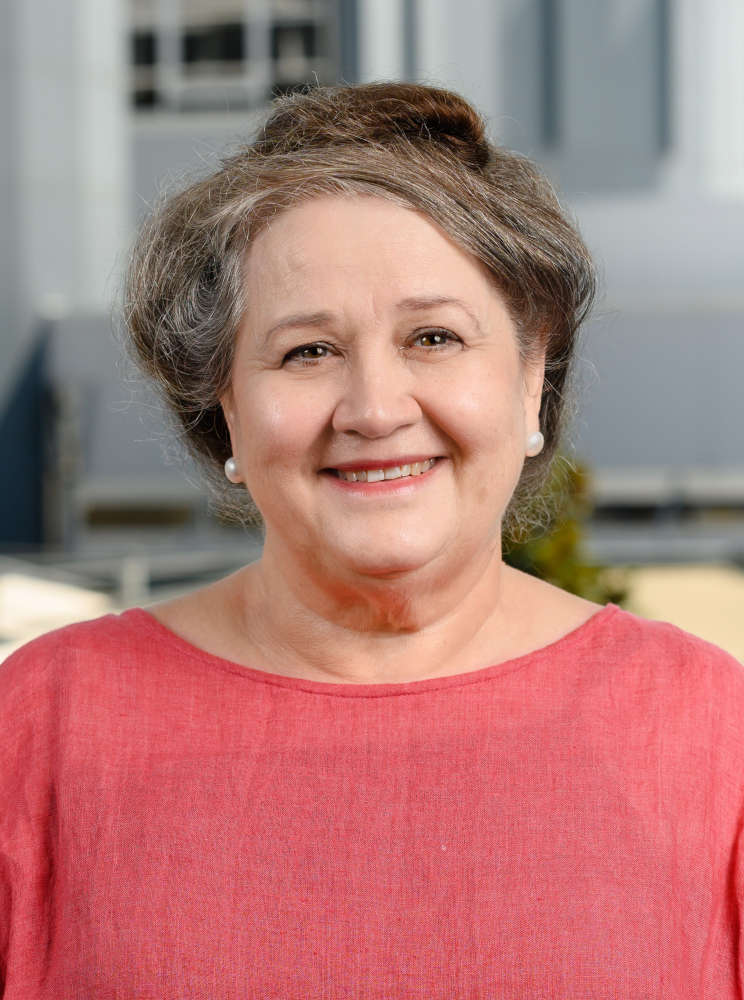
Professor Susan Danby
Centre Director, Australian Research Council Centre of Excellence for the Digital ChildProfessor Susan Danby is recognised internationally as one of Australia’s leading experts in young children’s engagement with digital technologies, social interaction, and childhood studies. As Director of the Australian Research Centre of Excellence for the Digital Child, Susan leads a collective of national and international researchers and partners across government, industry and the community to further the Centre’s vision – young children are healthy, connected and educated in a rapidly changing digital age. Susan has an Honorary Doctorate (Uppsala University, Sweden) and is a Fellow of the Australian Academy of the Social Sciences in recognition of her outstanding contributions to the fields of early childhood and digital technologies.
Nicole Milburn
BSc, Grad Dip (couns) Psych, DPsych, GAICD.
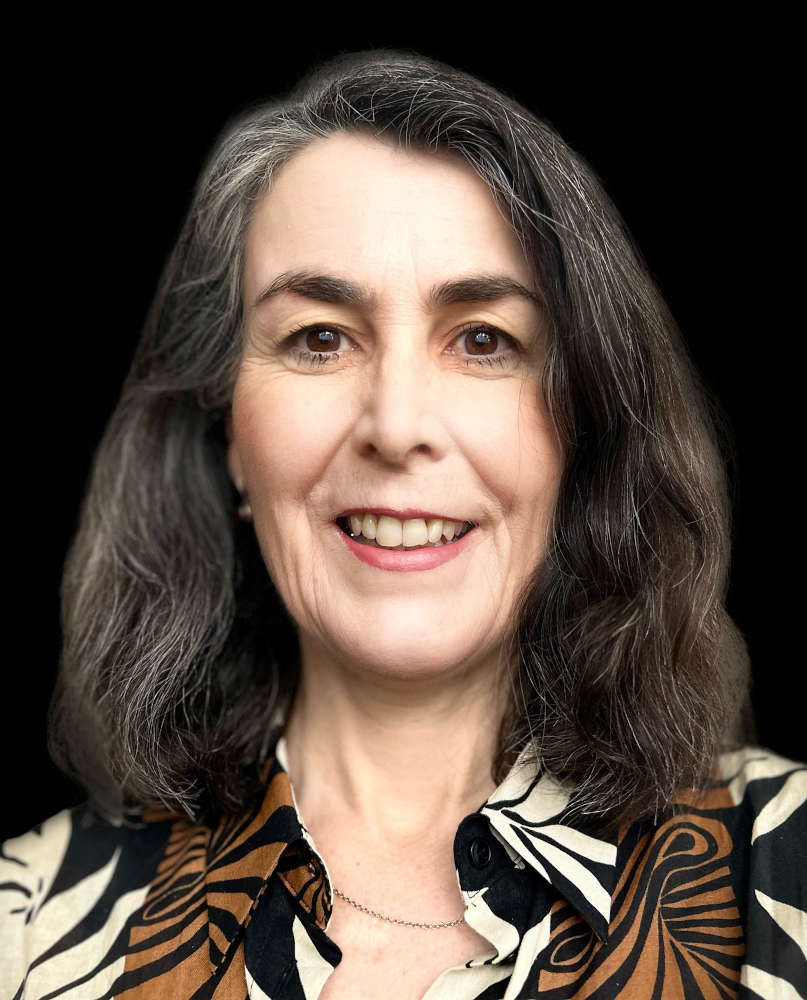
Nicole Milburn
BSc, Grad Dip (couns) Psych, DPsych, GAICD.Nicole is a clinical psychologist and infant mental health specialist. She has worked in public and private settings for more nearly 25 years and is currently in full time private practice, providing therapeutic services to infants, children, families and individual adults. She is the current Chair of the Boards of the Australian Association for Infant Mental health and the Tweddle Foundation. Nicole specialises in relationship assessments that assist authorities to make decisions about the best interest of infants, children and young people and is very committed to representing the voice of the infant.
Louise Grant
Youth Inclusion and Empowerment Specialist
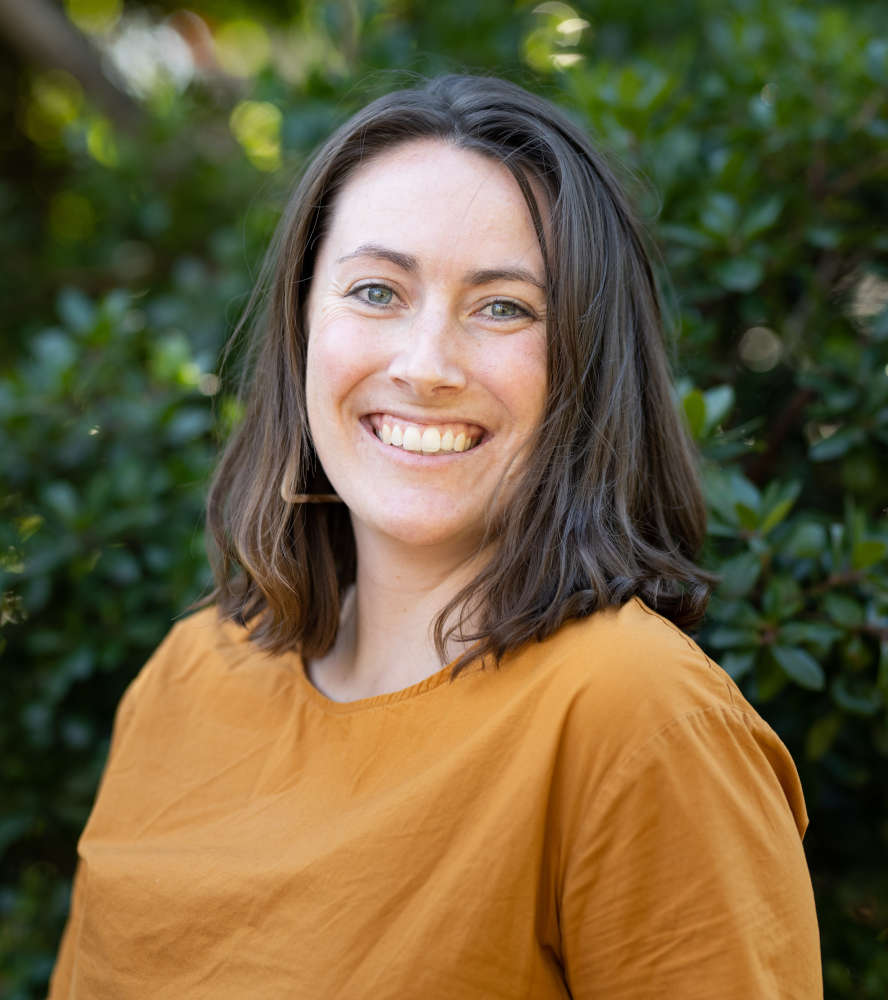
Louise Grant
Youth Inclusion and Empowerment SpecialistLouise is a youth participation expert, with a focus on trauma-informed youth engagement. She has facilitated and set up frameworks for various youth advisory committees, including the Victorian Government’s Youth Congress, and recently created a range of resources and training to guide more inclusive practices for adults seeking young people’s perspectives.
Louise holds degrees in Social Work and Psychology, and a Masters in International Development. She brings a rounded perspective, having worked across a range of sectors, from client-facing roles in the community, to policy development in government.
Joe Ball
CEO of Switchboard
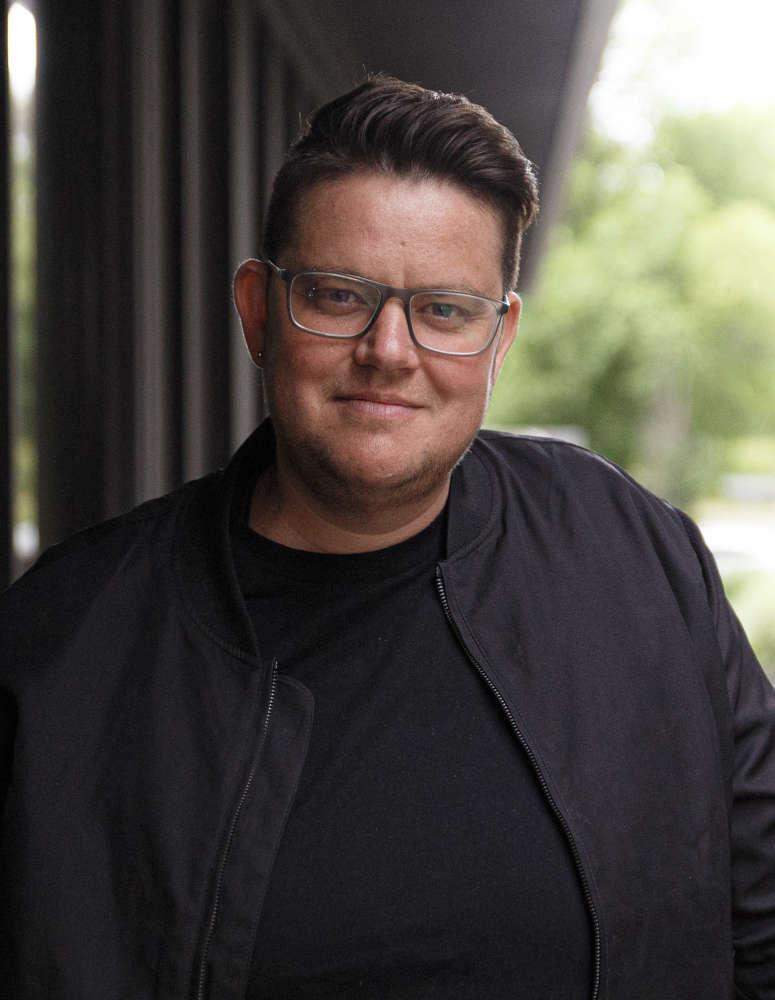
Joe Ball
CEO of SwitchboardJoe Ball is a longstanding LGBTIQA+ advocate and CEO of Switchboard Victoria. Joe believes in grass roots solutions to systemic issues and draws upon LGBTIQA+ history and the work of LGBTIQA+ activists who have paved the way to guide his work. In 2020 Joe was honoured as an Award recipient in the 50 Outstanding LGBTI+ Leaders in Australia. Joe proudly identifies as a transgender man and uses the pronouns he/him. Joe works and lives on the lands of the Kulin Nation in Narrm (Melbourne, Victoria).
Dr Karen Hart
Operations Director of Clinical Transformation at Orygen
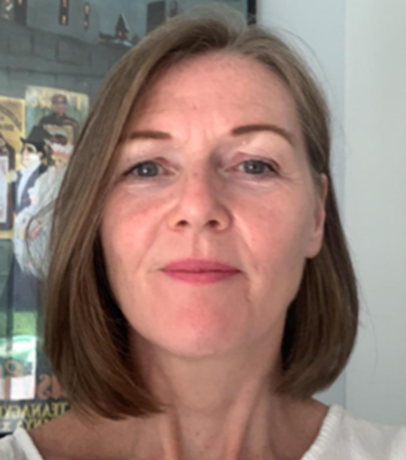
Dr Karen Hart
Operations Director of Clinical Transformation at OrygenDr Karen Hart is a qualified social worker, researcher, and senior executive leader of operations and service delivery, who has spent almost 30 years, engaging and working with children, young people and their families, within government and non-government settings. Her extensive experience in child protection, youth crime prevention, education, mental health, research, and social purpose real estate, has provided her with insights and knowledge on the most effective engagement and intervention strategies to improve the lives of children and young people. Karen is a strong advocate for the safety, education, health and justice needs of children and young people and that continues in her current work, where she is instrumental in transforming mental health services for young people in Victoria.
Michelle Rogers
Ngunya Jarjum Aboriginal Child and Family Service
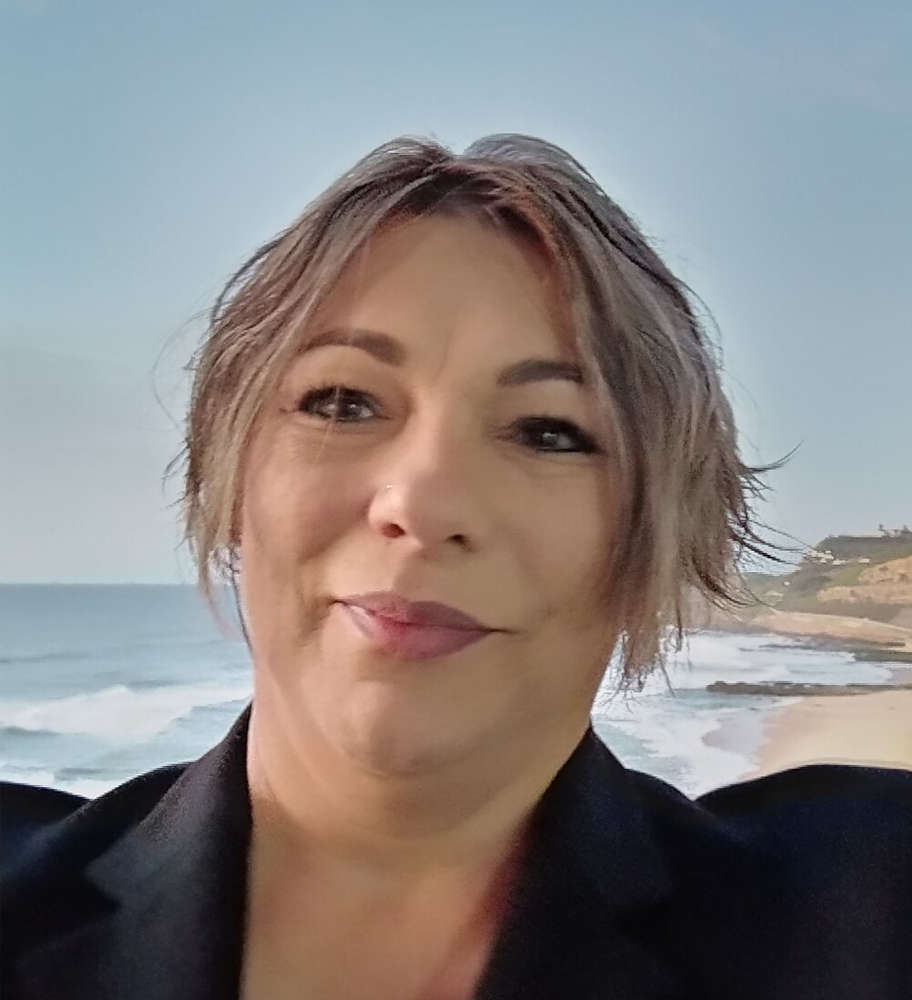
Michelle Rogers
Ngunya Jarjum Aboriginal Child and Family ServiceWiradjuri woman, visiting in Bundjalung Country. Strong practitioner background in social service sector including housing and child protection, focussed on family led decision making and dignity through choice, I challenge self-determination and empowerment concepts in the face of systemic oppression.
Over 27 years working with vulnerable communities and lived experience to compliment my employment, I host experience on issues associated with Aboriginal equity and suppression. National and State presenter on First Nations child and family models of communal care.
Focussed on earlier and targeted intervention, family preservation services – We know to be the path toward empowerment for our Aboriginal communities.
Associate Professor Aliza Werner-Seidler PhD
Scientia Associate Professor & Clinical Psychologist, Black Dog Institute, UNSW Sydney
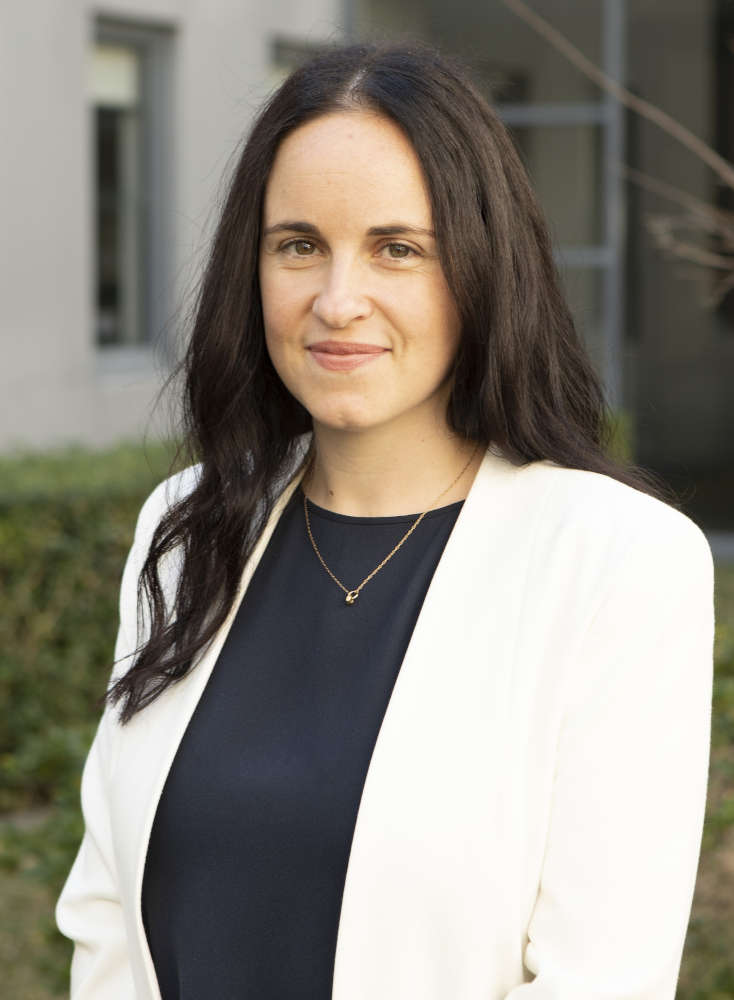
Associate Professor Aliza Werner-Seidler PhD
Scientia Associate Professor & Clinical Psychologist, Black Dog Institute, UNSW SydneyDr Aliza Werner-Seidler is Head of Population Mental Health at the Black Dog Institute, UNSW Sydney, and currently holds an Emerging Leader NHMRC Fellowship to investigate the prevention of adolescent mental illness.
Aliza is passionate about researching ways to improve the prevention and treatment of common mental illnesses in young people. Her research interests including investigating the use of technology to increase access and reach to evidence-based interventions, working in partnership with schools to deliver effective preventive programs, and investigating the role of poor sleep as a risk factor for mental illness. She is currently leading the Future Proofing Study which investigates the mental health of teenagers from across 145 Australian schools.
Over three days, we will explore the topics of:
Theme:
Less talk, more action! Helping children and young people navigate identity, connection & diversity.
Wellbeing in childhood is associated with a range of positive outcomes such as higher academic attainment, economic security and improved social relationships. It is a long-term investment for society and requires a solid foundation of strategies across perinatal influences, family and other interpersonal relationships, schools and workplaces, sports, social and cultural activities, media influences, and both government and non-government services.
Transition points are critical times of great change and can often be the trigger for mental ill-health. We are seeking robust submissions that focus on evidence-based research and/or creative initiatives that can be applied early in life and/or early in the progression of a mental health condition.
We encouraged you to consider diversity in all its forms and how preventative methods can be applied and adapted across a range of communities.
Key Factors:
- Infancy health factors
- Preventative methods including physical activity, nutrition and use of role models
- School based, community based or parent-targeted programs
- Developmental challenges in the post Covid Era
- Internet/Gaming Addiction
- Bullying, on and off line
Services aim to improve mental health and wellbeing of infants, children, adolescents, parents, guardians and carers, in order to reduce the lifetime risk and burden of mental illnesses within society. To achieve this, we need to continually transform and redesign service delivery, and adapt accordingly to internal and external influences, including the voices of the young. Services must up-skill and respond appropriately to diversity.
We are seeking robust submissions that explore the variety of support services for children and young people with emotional and behavioural problems.
We highly encourage submissions exploring integrated systems and service access challenges for children, parents and families.
Key Factors:
- Connecting and engaging young people and families
- Exploring successful and/or alternative methods in support and treatment
- What skills/opportunities are there for youth to positively shift structural barriers to access support?
- How does feeling empowered/having a sense of agency impact the mental health of young people?
- Comorbid mental health and other disorders
- Coordinated response between health and social services such as housing and foster arrangements
Did you know? Half the Aboriginal and Torres Strait Islander population is aged 21 years or younger and people aged 18–24 years report higher levels of psychological distress than non-Aboriginal people the same age.
The sector needs to work with and alongside Aboriginal and Torres Strait Islander young people and workers, recognising and respecting their unique cultural and historical context and lived experience. The question remains, how?
We are seeking robust submissions that can speak on proactive assessment, treatment and implementation. A focus on First Nations-led programs and projects is encouraged.
Key Factors:
- Respecting Aboriginal and Torres Strait Islander cultural factors and responding accordingly
- Indigenous led programs and projects for young people
- Working with communities to improve mental health outcomes
Australia has a diverse community – it is one of our greatest strengths. From LGBTIQA+ to migrants, refugees and those with disability - children and young people have the ability to make wonderful change.
It is well documented however that 80% of homophobic bullying occurs at school, with LGBTIQA+ communities three times more likely to experience depression.
Teenagers with disability or chronic conditions are also at greater risk of depression than peers.
We are seeking robust submissions to determine why and how services can be better equipped to understand cultural factors and personal needs.
Key Factors:
- Intersectionality
- Refugee and migrant cultural factors and responses
- Supporting LGBTIQA+ young people and families
- Working with young people with disabilities and long term planning
Who Attends CAMH23
CAMH brings together mental health professionals, government, peer workers and people with lived experience to progress mental health and wellbeing for children and adolescents. Mainly our delegates are:
- Psychologists
- Psychiatrists
- Program Managers
- Directors
- CEOS
- Researchers/Academics
- Counsellors/Consultants
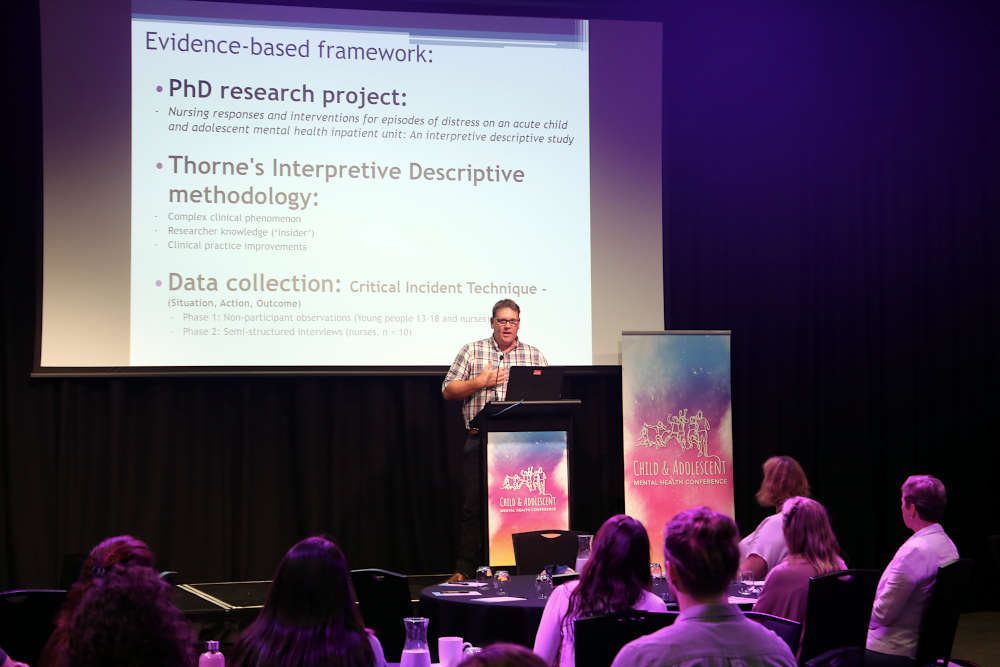
Why Attend CAMH23
Walk away with ideas, insights and data.
Tune into the sessions and walk away with implementable smart ideas from the sector.
Open your mind – expand your experience.
Shift your perspective and learn how to embed culturally responsive models of care our Indigenous, First Nations and CALD communities children and adolescents.
Share, Collaborate and Listen.
Collaborate with your peers and learn from others in the field. Have your voice, research or insights seen and heard either as a presenter, or during the interactive Pan-Shops. This is your chance to create transformation in our sector.
Learn the most up-to-date research, data and evidence-based plans from around the world. Stay up to date with what’s going on in the industry and what the future will bring for our sector.
Understand the current challenges and the opportunities.
Hear as we discuss what is happening in the field vs what needs to happen to support our sector workers as they face unprecedented demand and challenges.
Take time out from your everyday to plan a stronger tomorrow.
We know you need it. Take time out to zone in and focus on the learning and content of what you need to confidently provide exceptional mental health services to your community.
Collaborate and connect.
This is your chance to gather with your peers, sector professionals and policy makers to share stories, experiences and plans for a brighter future.
Committee
Dr Lyn O’Grady
Community Psychologist and Conference Chair
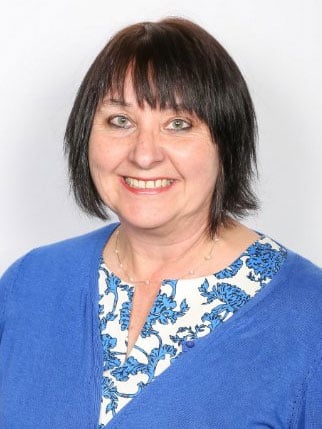
Dr Lyn O’Grady
Community Psychologist and Conference ChairLyn is a Community Psychologist with a particular interest in the mental health of children, young people and families. She has previously worked with parents in the community sector, as a school psychologist and as a manager of the KidsMatter Project for the Australian Psychological Society. She currently works in private practice with children, young people and families and is a registered supervisor of psychology interns. Lyn is also interested in suicidology and regularly conducts workshops and training in this area for mental health professionals. She is also the author of a book for parents of teenagers who are suicidal.
Ms Nicola Palfrey
National Clinical Manager, Headspace Schools
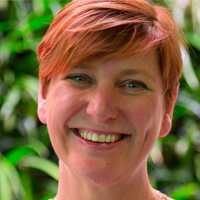
Ms Nicola Palfrey
National Clinical Manager, Headspace SchoolsNicola is a Clinical Psychologist and researcher who has worked extensively with children, adolescents and adults who have experienced adversity and trauma. She is Director of ACATLGN at the ANU, and is responsible for developing and delivering resources, training and interventions based on the latest evidence base to support individuals and families affected by adversity and trauma. Nicola is also the ANU Project Lead for Emerging Minds: The National Workforce Centre for Child Mental Health, an initiative to support workforces identify, assess and support children under 12 years who are at risk of experiencing mental illness.
Mr Brad Morgan
Director, National Workforce Centre for Child Mental Health, Emerging Minds
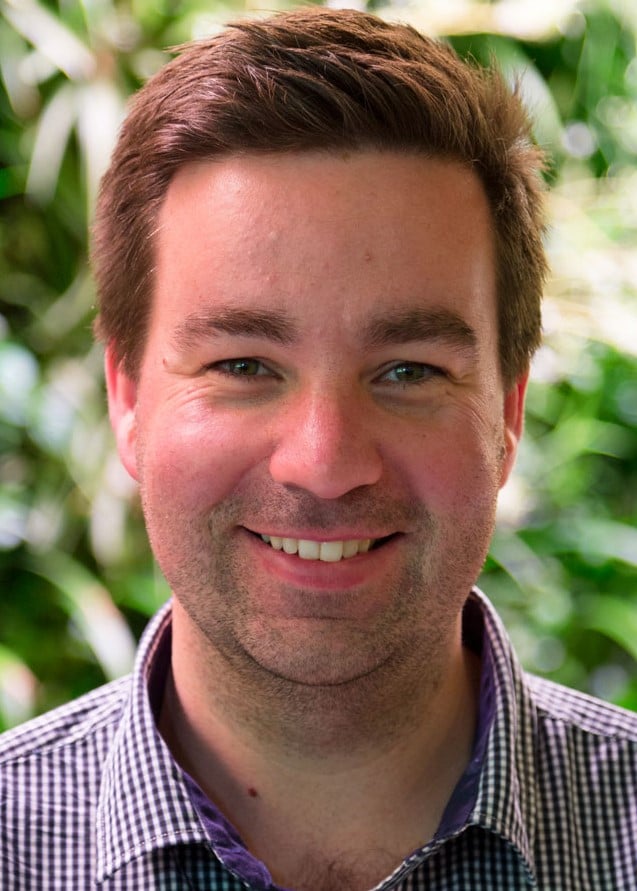
Mr Brad Morgan
Director, National Workforce Centre for Child Mental Health, Emerging MindsBrad Morgan is the Director of Emerging Minds, the not-for-profit organisation dedicated to advancing the mental health and emotional wellbeing of Australian infants, children, adolescents and their families. Brad is responsible for leading systems change and building the knowledge, skills and capacity of Australia's health and social service workforce to create better mental health outcomes.
Brad’s background is in occupational therapy, public health, child development and mental health promotion, prevention and early intervention.
Brad is regularly interviewed by the media on mental health topics including child mental health, childhood trauma, parent and family mental health and government mental health-related announcements.
Dr Michelle Tye
Senior Research Fellow, Black Dog Institute
-cropped.jpg?width=1000&height=1471&name=M-Tye_2-(3)-cropped.jpg)
Dr Michelle Tye
Senior Research Fellow, Black Dog InstituteDr Michelle Tye is a Senior Research Fellow at the Black Dog Institute, University of New South Wales. Since joining the Black Dog Institute in 2015, she has led a number of research projects in the field of suicide prevention focused on developing and testing novel interventions for communities and young people specifically. Her work which aims to ensure that effective interventions are delivered in the right settings, at scale, to reach those in need to prevent suicide crises. She has 16 years research experience, having completed her PhD in Public Health from the University of New South Wales in 2015, and working as a senior research office for the 10 years prior to that in the National Drug & Alcohol Research Centre. She has been the recipient of a number of prestigious awards for early career excellence, including a NHMRC Early Career Fellowship (2018 – 2021), NSW Tall Poppy award in 2018, and the Paul Bourke Award in 2020.
Dr Michelle Kehoe
Post-doctoral Researcher
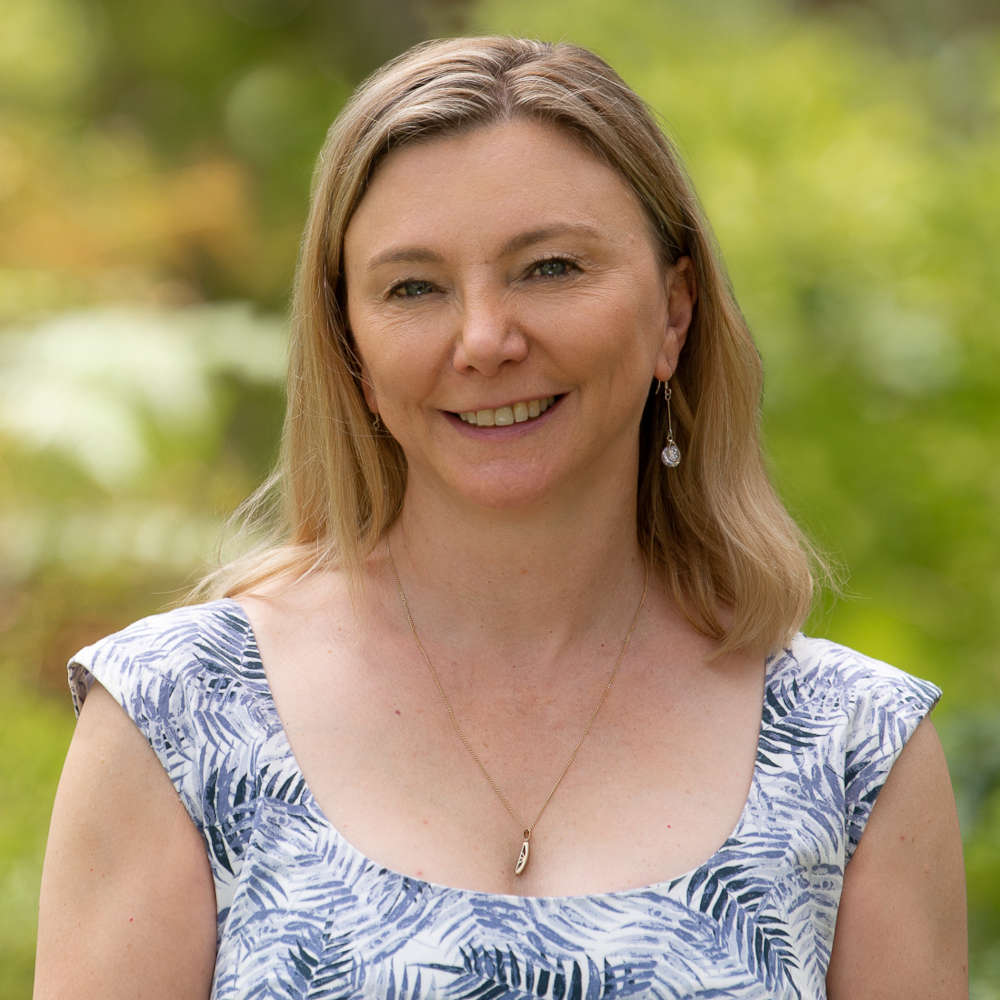
Dr Michelle Kehoe
Post-doctoral Researcher Michelle Kehoe is an Evaluation and Research Development Officer at headspace and the Child and Youth Mental Health Service in South-East Melbourne. She has worked in research for over 10 years primarily developing and conducting research projects on mental health programs for both adults and young people. She has a keen interest in evidence-based interventions which improve outcomes, the involvement of lived-experience in design and development of mental health programs for young people and recovery-oriented practices.Ms Katherine Ellis
CEO, Youth Affairs Council Victoria
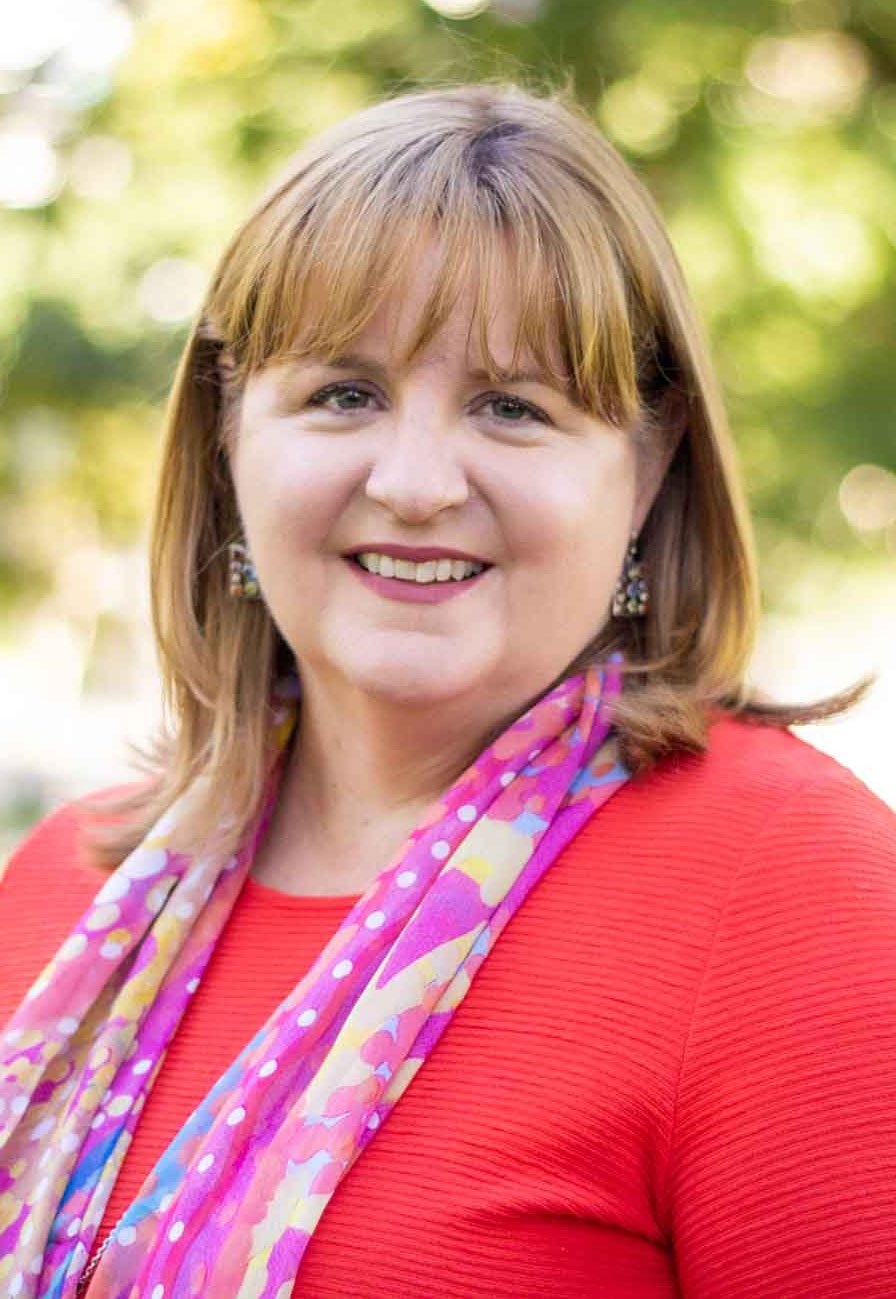
Ms Katherine Ellis
CEO, Youth Affairs Council VictoriaKatherine is CEO of Youth Affairs Council Victoria (YACVic), the peak body and leading advocate for young people and the youth sector in Victoria. One of YACVic’s key policy areas is mental health, with work such as inclusion of youth perspectives in the Royal Commission into Victoria’s Mental Health System, and convening a Youth Mental Health Community of Practice in partnership with Orygen.
Katherine’s previous roles include Director of Youth Affairs at the Commonwealth of Nations, working on youth policy and programs across 53 countries; and CEO of youth development organisation the Reach Foundation. Earlier, she spent over a decade in the private sector, working both in Australia and internationally in a variety of analysis, strategy and corporate social responsibility roles.
Katherine believes that it is vitally important to recognise young people as experts in their own lives, and make sure their unique needs and perspectives are at the heart of the policies, decisions and programs that affect them.
Katherine holds a Master’s in Public Administration from the Harvard Kennedy School, a Master in e-Business, a Bachelor of Commerce, and a Diploma of Youth Work.
Dr Alix Woolard
Postdoctoral Research Fellow in Child Mental Health, Telethon Kids Institute
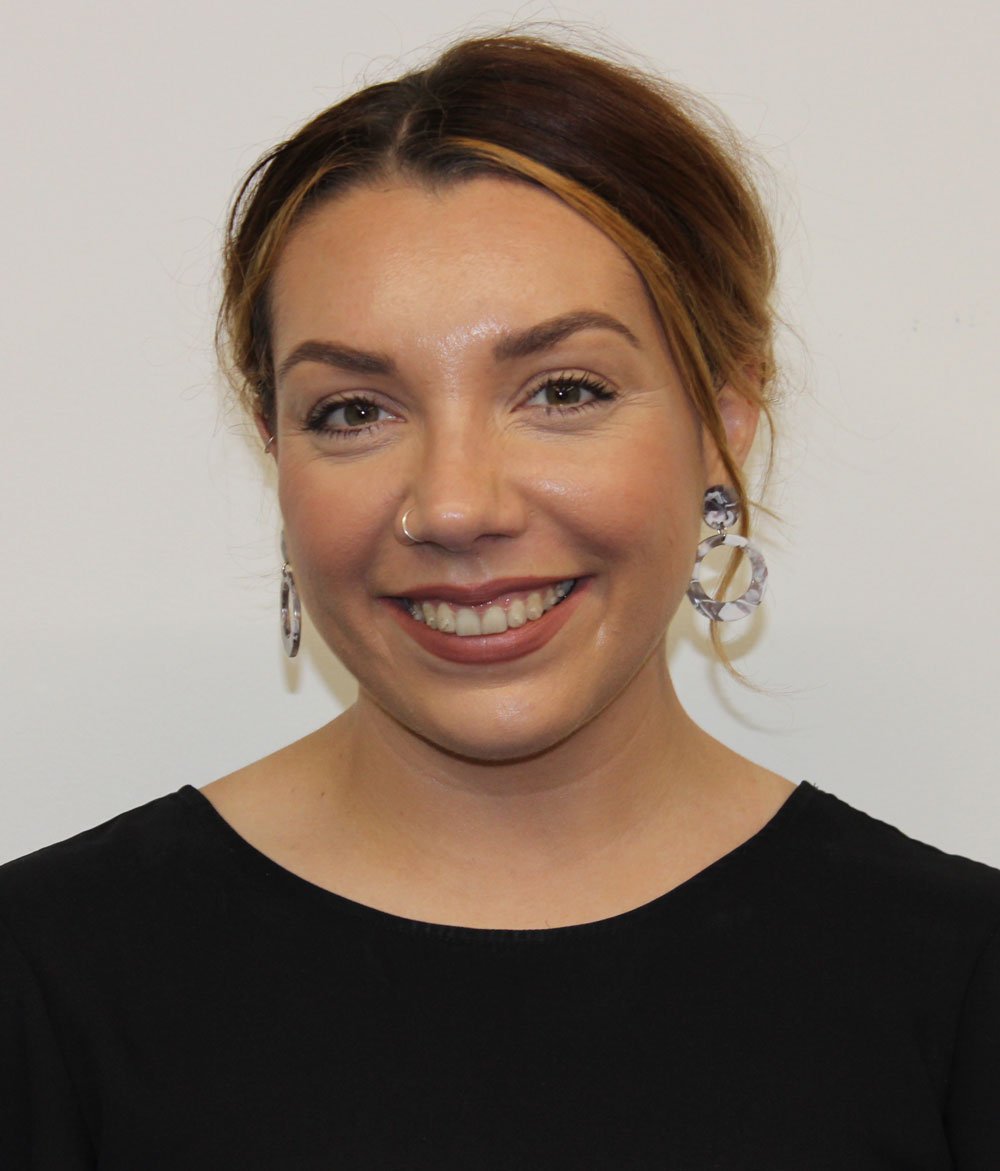
Dr Alix Woolard
Postdoctoral Research Fellow in Child Mental Health, Telethon Kids InstituteDr Alix Woolard is a research fellow in Child Mental Health within the Youth Mental Health team at the Telethon Kids Institute in Perth, Australia. Alix’s current research is looking at childhood trauma and the ways we can identify, target, intervene and improve the lives of children and young people who have experienced trauma. She is currently working on psychosocial interventions to improve the resilience and recovery of children who experience child maltreatment or medical trauma. Previously, Alix has worked as a postdoctoral fellow at the University of Sydney’s Brain and Mind Institute focussing on neurodevelopmental research across the lifespan. Alix’s research background is in parent-child interactions, social development, early signs of autism and neurodevelopmental disabilities, and most recently, childhood trauma.
Jack Smith
Youth Mayor, City of Greater Bendigo Youth Council
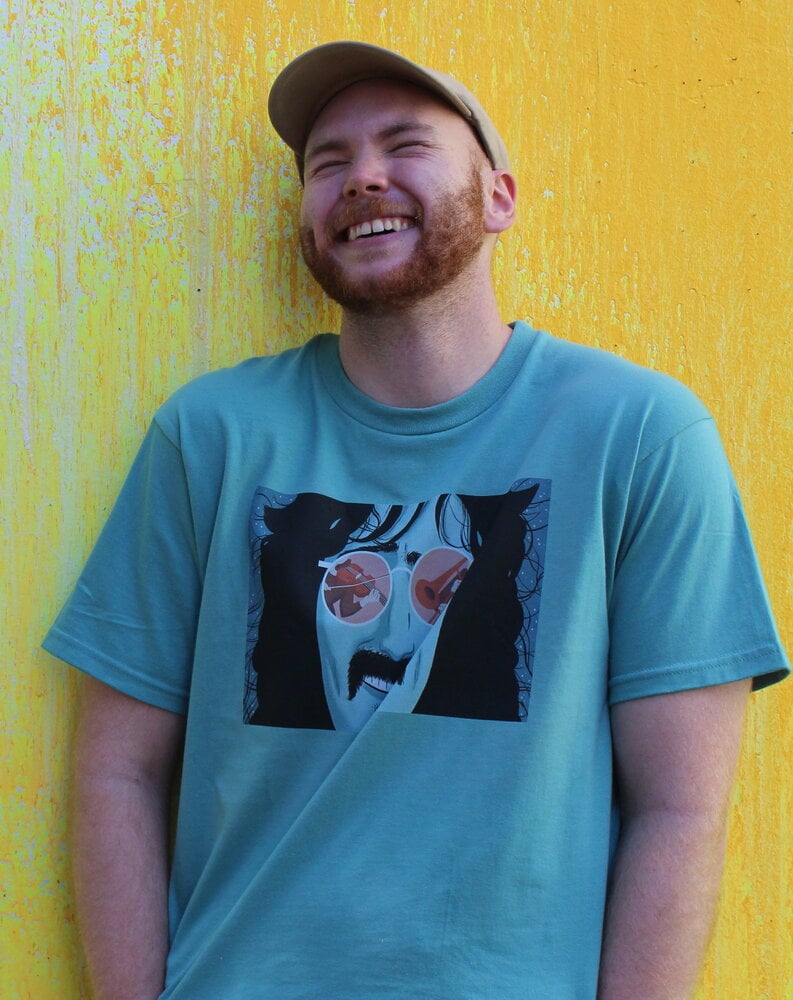
Jack Smith
Youth Mayor, City of Greater Bendigo Youth CouncilJack is a 21-year-old man living in regional Victoria. Jack comes from a consumer background and uses this experience to advocate for accessible mental health services to young people in regional and rural areas. Jack is a firm believer that young people need to be part of the process of determining what effective service delivery and governance looks like, because of this belief Jack is a member of the Orygen Youth Advisory Council, is a Headspace Mildura Youth Ambassador and in 2021 served as the Youth Mayor of the City of Greater Bendigo.
Courtney Kovac
Program Content Coordinator, Batyr
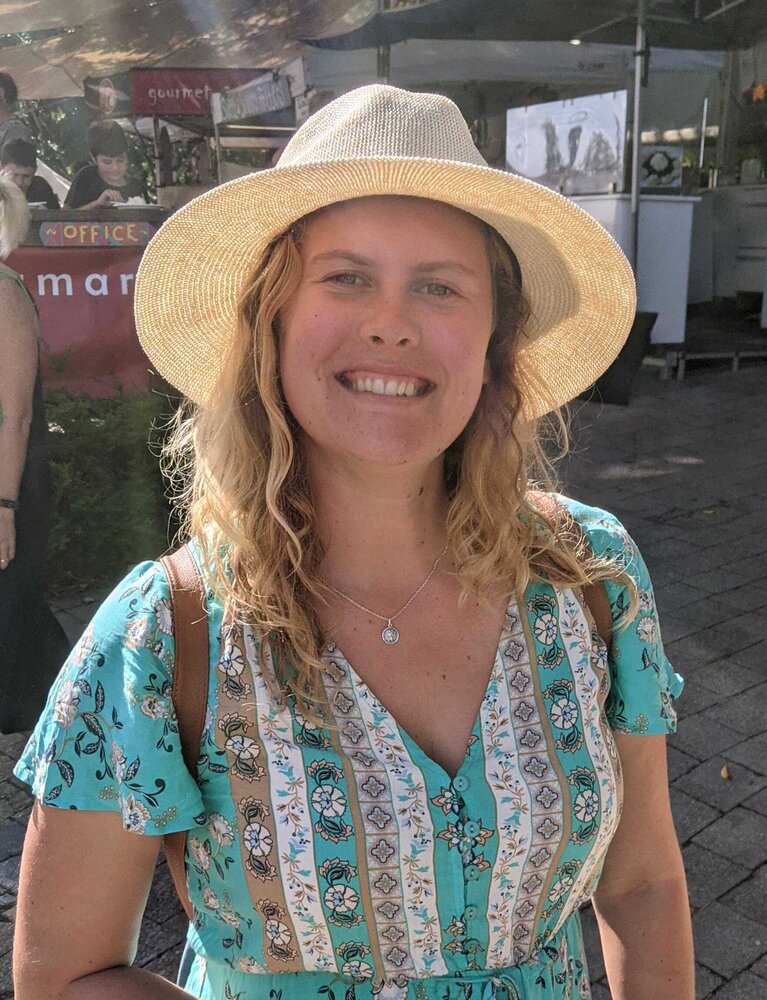
Courtney Kovac
Program Content Coordinator, BatyrCourtney is the Program Development and Adaptation Lead at preventative mental health organisation, batyr. At batyr, Courtney develops peer-to-peer mental health programs for school and university students that focus on lived experience storytelling and stigma reduction. Courtney is passionate about creating spaces for young people to feel heard and wants to contribute to a stigma free world. Courtney graduated with a Psychology degree in 2016 and has been working with batyr ever since.
Taylor Johnstone
Director, Youth Live4Life
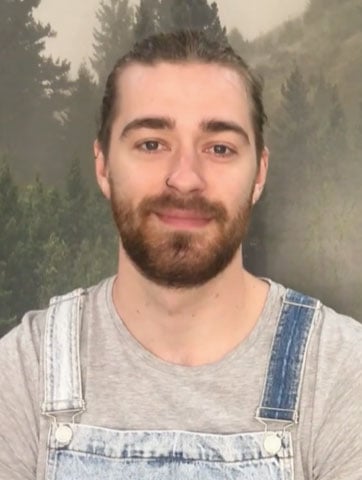
Taylor Johnstone
Director, Youth Live4LifeTaylor Johnstone is a young person and qualified Osteopath who is passionate about mental health education. He has a lived experience with anxiety and depression as well as suicidal thoughts and ideation.
Now, Taylor is looking at utilising this experience to enact change to educate and prevent other young people from suffering with unaddressed mental ill health. The values of Youth Live4Life resonate with Taylor as he believes if he, and those around him, had access to mental health education he may have had an easier time recognising and managing his mental health issues as a teenager.
Judy Kynaston
Early Childhood Australia
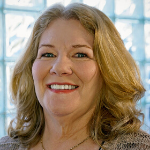
Judy Kynaston
Early Childhood AustraliaJudy Kynaston is the General Manager of Be You for Early Childhood Australia. Be You is a mental health initiative for early learning services and schools that empowers educators to increase knowledge to respond to children and families experiencing vulnerabilities related to mental health and wellbeing. Judy’s extensive work experience includes leadership roles in a variety of early learning settings and community organisations, as well as delivery of training to the early childhood sector. Her experience also extends to advocacy and policy aimed at improving the lives and wellbeing of young children.
Ian James
Principal Aboriginal Mental Health Advisor Office of the Chief Psychiatrist, SA Health
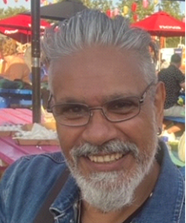
Ian James
Principal Aboriginal Mental Health Advisor Office of the Chief Psychiatrist, SA HealthA proud descendent of the First Peoples of the River Murray and Mallee Region and Southern Arrernte of Central Australia. Ian works towards improving mental health care outcomes for First Nations people and he believes that it’s about upskilling our own and educating others that will achieve better more culturally safe mental health care. Ian is currently working on developing the Aboriginal Mental Health and Wellbeing Centre - A coordinated approach to Aboriginal mental health care in South Australia.
Brian Moore PhD
Lecturer, Educational Psychology, UNESCO ICM Special Advisory Group, Charles Sturt University
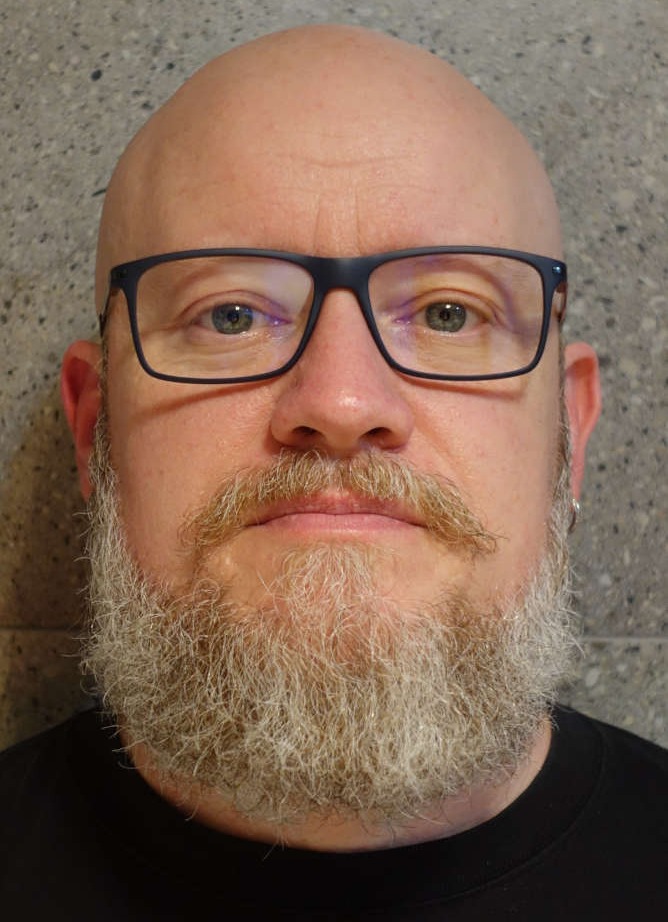
Brian Moore PhD
Lecturer, Educational Psychology, UNESCO ICM Special Advisory Group, Charles Sturt UniversityDr Brian Moore is a lecturer and researcher at Charles Sturt University. With a professional background as a registered psychologist and educator, Dr Moore has significant experience working with children, adolescents, and their families. He is committed to promoting youth mental health as an important outcome in its own right and due to the impact mental health has on related factors including educational achievement. Dr Moore has varied research interests and has published on topics including bullying, inclusive education, martial arts, mental health, and resilience. He is a co-chair of Wellbeing and Mental Health Research Australia, an executive committee member of the School Counsellor and Psychology Association NSW, and a Special Advisory Group member of UNESCO’s International Centre of Martial Arts for Youth Development and Engagement.
Sponsors
What Our Attendees Have to Say
“This conference was truly an exciting coming together of exceptional researchers, thought leaders, and practitioners. It was awesome to network with and hear from like minds and fellow change makers. I highly recommend this conference to anyone working with children and adolescents.”
-Sandi P., Phoenix Support for Educators Pty Ltd
“It's a great forum for exploring and discussing how the sector is addressing increasingly complex presentations and challenges.”
-Emma A., Wesley Mission QLD
“The conference provided me with a stimulating and thought-provoking program as well as long awaited opportunities to meet again in person with colleagues from all over Australia. Highly recommended!”
-Debbie P., Austin Health
“A great conference with delegates from across a range of sectors and really informative presenters.”
-Suzie L., Accoras
Registration Options
In-Person
3 DAY PROGRAM
$1,199 + GST
- All keynote presentations
- All concurrent presentations
- Discounted accommodation rates
- Access to interactive conference app
- 5 star conference catering package
- Access to exclusive networking functions
- Complete online access to audio and visual presentations for 30 days post-event
- Printed conference materials
- Over 10 hours towards CPD points
- Your personalised certificate of attendance
- Exposure for your organisation
- Plus, chances to win great prizes!
Please fill in your details below to begin your registration.
Virtual
2 DAY PROGRAM
$549 + GST
- Live streaming of all keynote presenters
- Live streaming of all sessions in the plenary room over two day conference period
- Virtual presentations
- Complete online access to audio and visual presentations for 30 days*
- Over 10 hours towards CPD points
- Your personalised certificate of attendance
*Workshops not included
*Access to all audio and visual presentations will be made available 5 business days after the conference has taken place, and will expire 30 days after access has been granted. Options to extend access will also be made available after 30 days.
Please fill in your details below to begin your registration.
In-Person Group of Four
3 DAY PROGRAM
$3,400 + GST
Price For Four (4) People Only
- All keynote presentations
- All concurrent presentations
- Discounted accommodation rates
- Access to interactive conference app
- 5 star conference catering package
- Access to exclusive networking functions
- Complete online access to audio and visual presentations for 30 days post-event
- Printed conference materials
- Over 10 hours towards CPD points
- Your personalised certificate of attendance
- Exposure for your organisation
- Plus, chances to win great prizes!
Please fill in your details below to begin your registration.


Venue & Accommodation
RACV Royal Pines Resort
Ross Street, Benowa QLD 4217
Accommodation
Run of House Rooms - $235.00 per room per night
Run of House Room with breakfast for one - $265.00 per room per night
Run of House Room with breakfast for two - $295.00 per room per night
Accommodation can be booked when you register.
If you have any questions, please contact us here - Contact Us.
Networking Function
Date: Monday 20 March 2023
Time: 5.00pm - 6.30pm
Cost: Included in your delegate registration. $77 for guests.
Catering: Drinks and canapes will be provided.


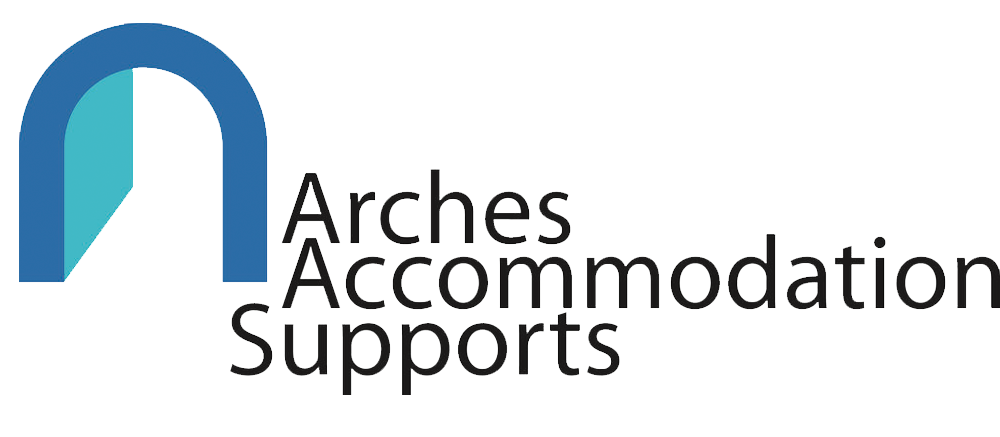




.png?width=190&height=111&name=Mind_colour%20logo_HHP_large_RGB%20(002).png)

